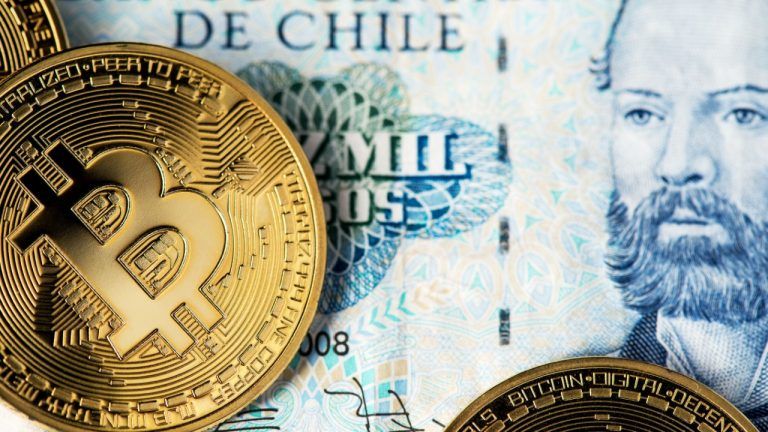
More than a quarter of financial advisers intend to recommend crypto investments over the next year.
According to a survey, financial advisers are recommending investments in Bitcoin and crypto assets to their clients more than ever before.
A report by the Financial Planning Association released on June 1 has taken a look at the changing attitudes towards crypto assets. The ‘2021 Trends in Investing Survey’ revealed that more financial advisers than ever are recommending their clients have some crypto in their portfolios.
The survey was conducted in March and received 529 online responses from professional financial advisers who offer clients investment advice and recommendations.
It stated that 14% of financial advisers have already added crypto assets to their clients’ portfolios or are recommending it to them. Even more are planning to do so over the next year.
“More than a quarter (26 percent) of advisers indicated in the 2021 survey that they plan to increase their use/recommendation of cryptocurrencies over the next 12 months.”
The survey revealed that the figure is up significantly from the previous year when less than 1% of advisers were recommending exposure to cryptocurrencies.
Furthermore, 49% of finance professionals indicated that, in the last six months, clients have asked them about investing in cryptocurrencies, a figure that has almost trebled from just 17% in 2020.
Just below half, or 48% of financial advisers, claimed to read occasional news stories on cryptocurrencies and are somewhat comfortable conversing about them, with a third of advisers actively educating themselves on digital assets.
Clients appear to be less concerned with market volatility this year compared to last, the survey found. More than half, or 52%, of financial advisers, stated that their clients inquired about market volatility over the past six months, compared to 76% for the previous year.
Investors may be drawn to crypto assets as a hedge against inflation which has been exacerbated during the pandemic and ongoing fiscal stimulus packages. Inflation in the U.S. is hovering around a 13 year high.
In early May, Cointelegraph reported that financial advisers have been leading an institutional push toward crypto asset adoption.
Grayscale CEO Michael Sonnenshein told Cointelegraph that, “Curiosity and demand from clients are driving financial adviser interest in crypto.” His observations were derived from a survey commissioned by the investment firm showing that more than half of advisers are receiving questions from their clients about cryptocurrencies.



